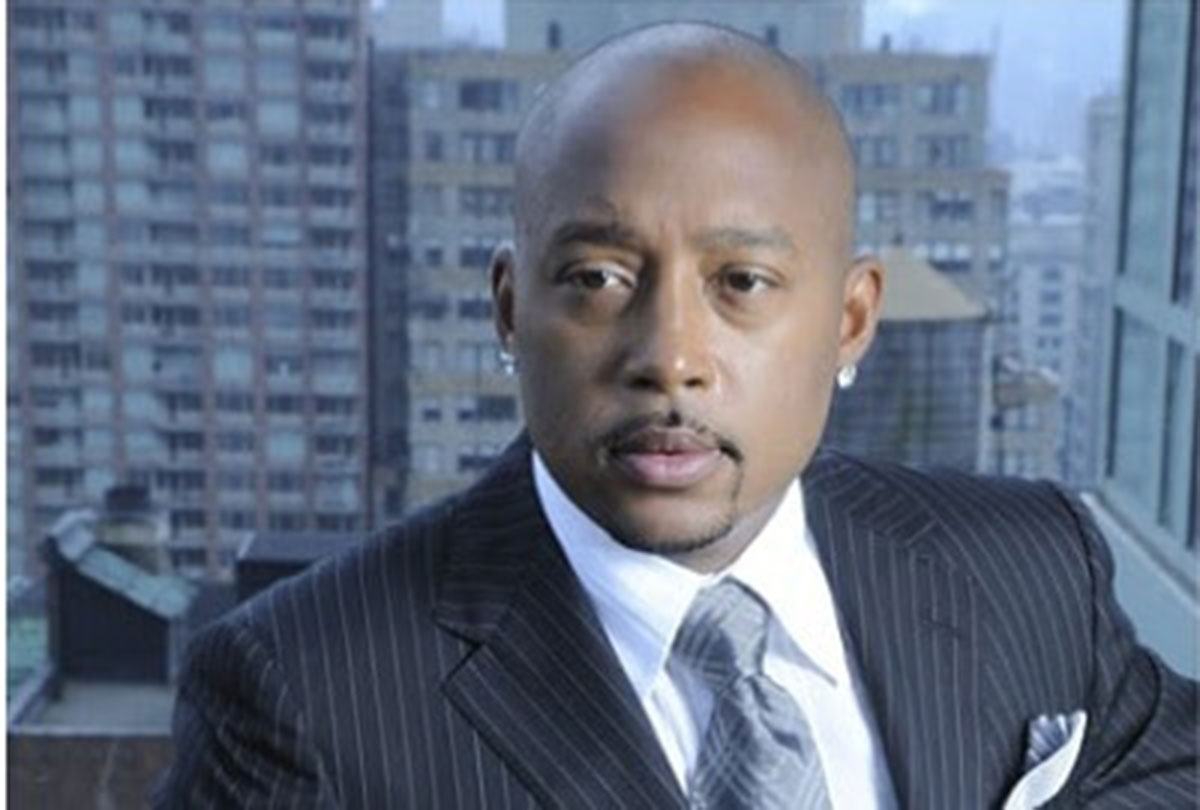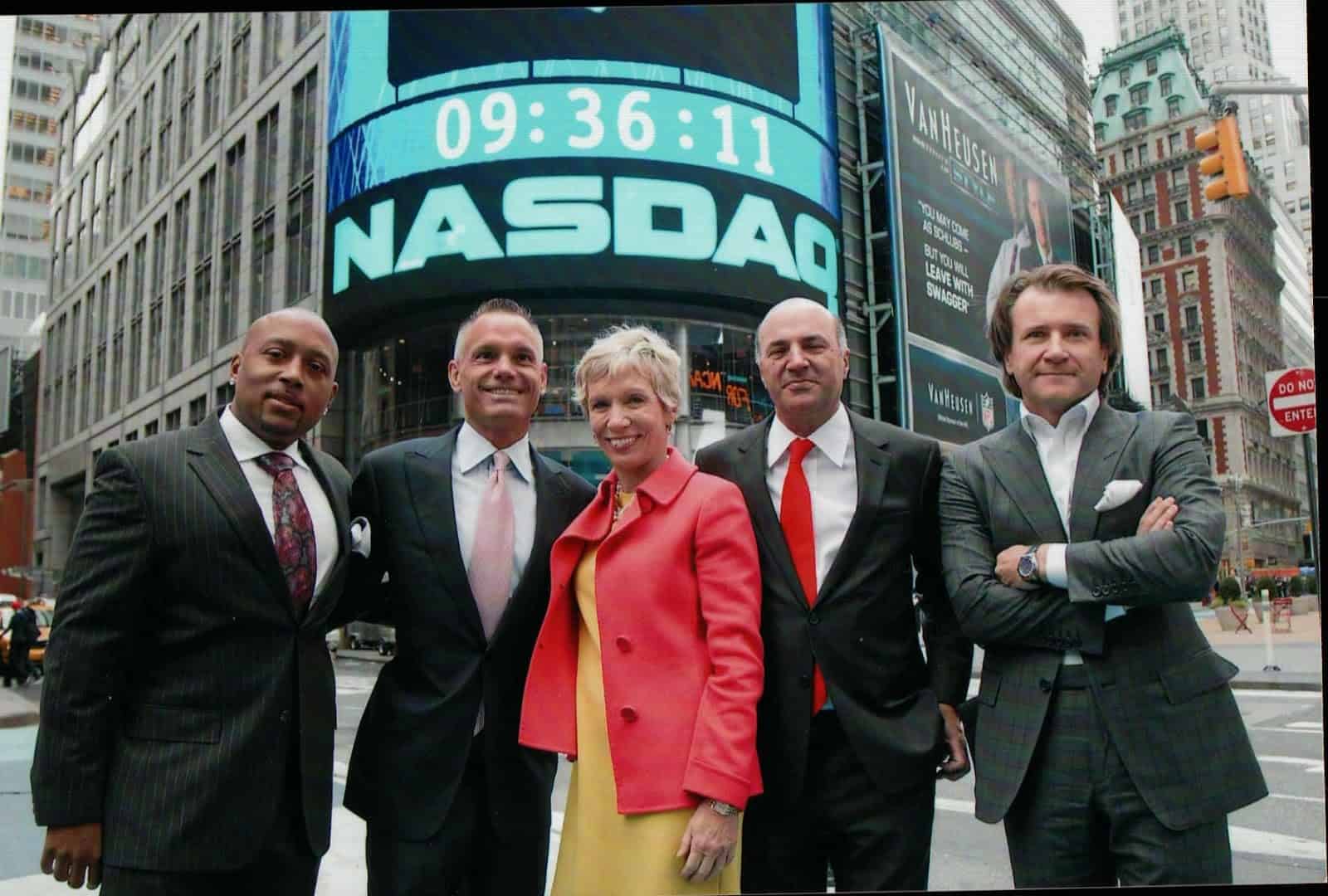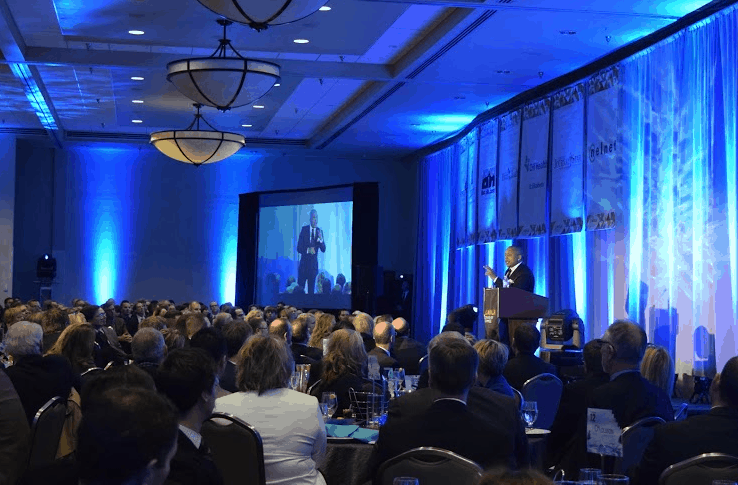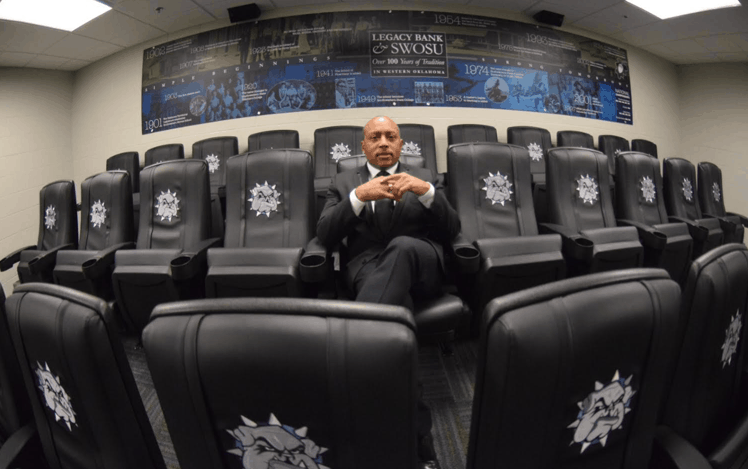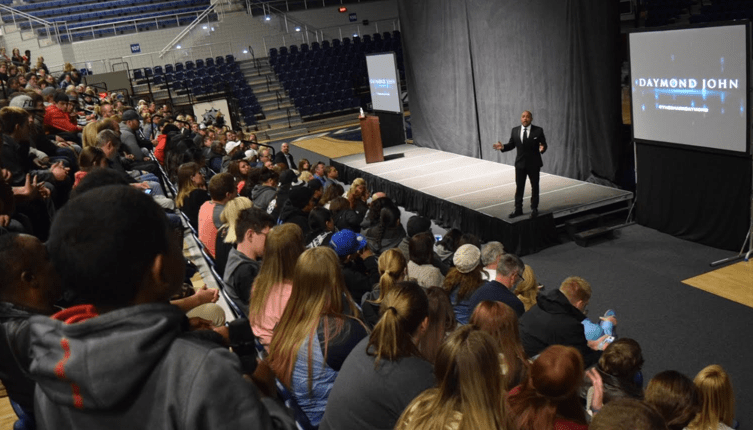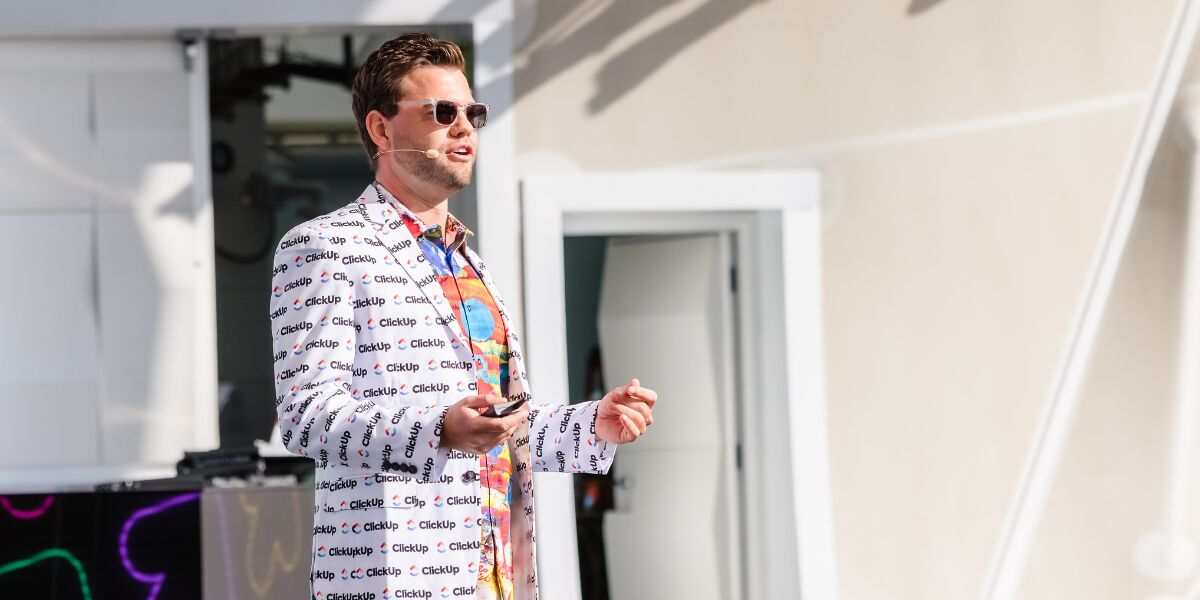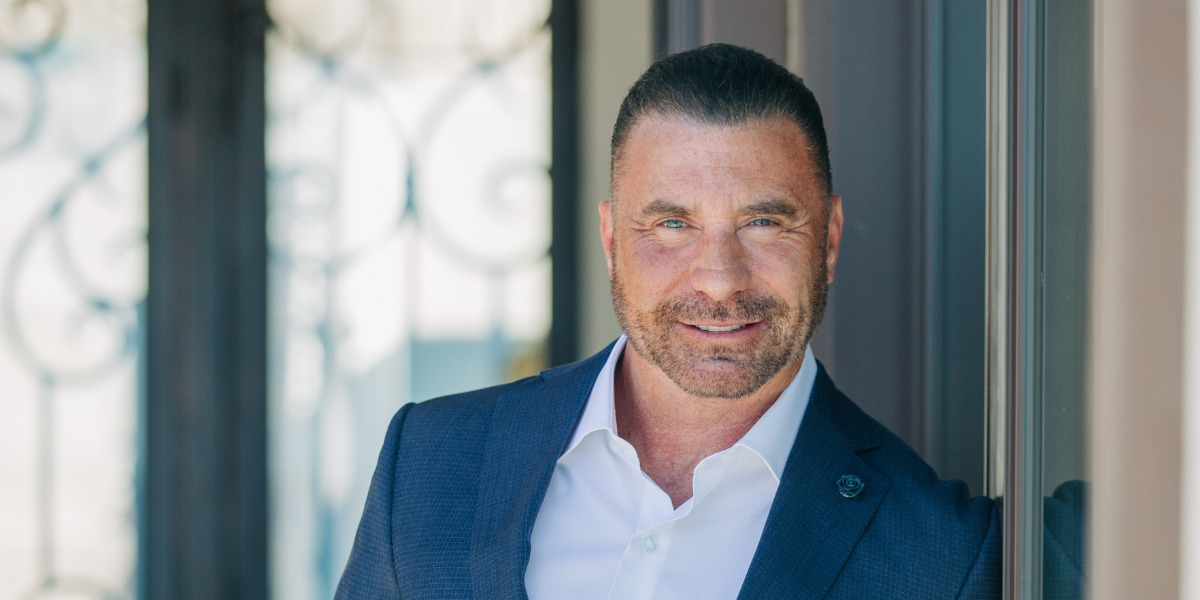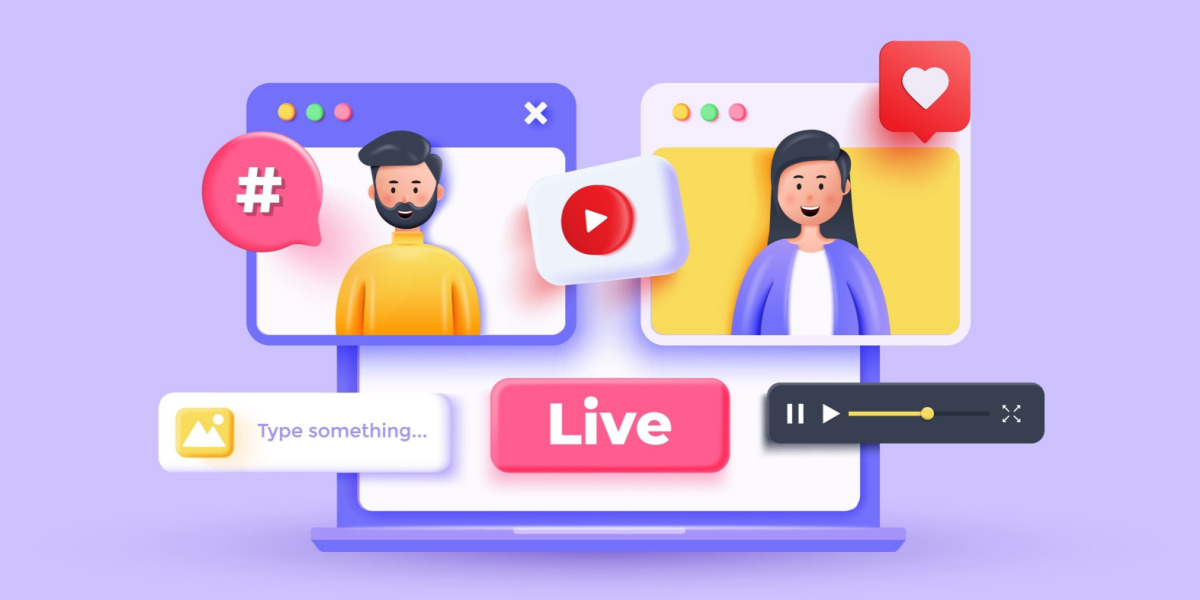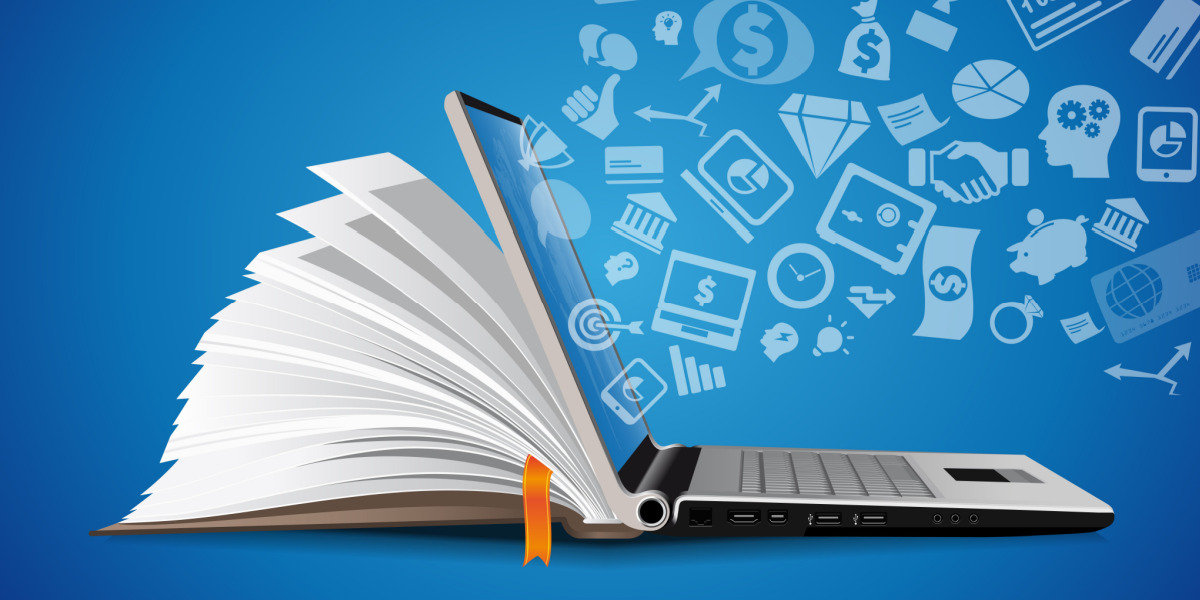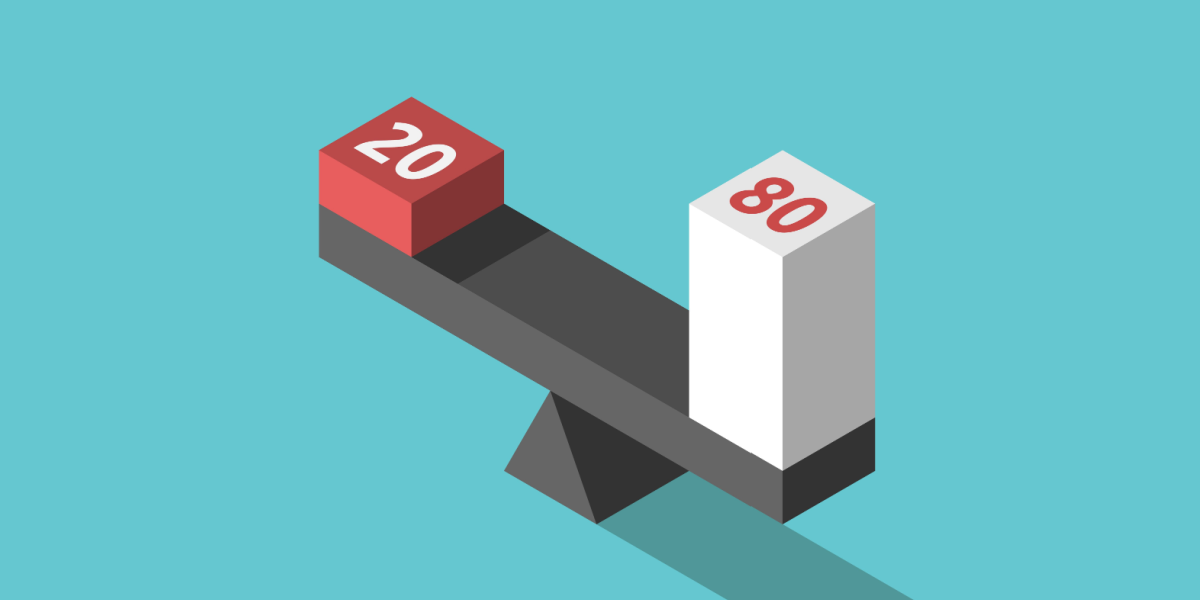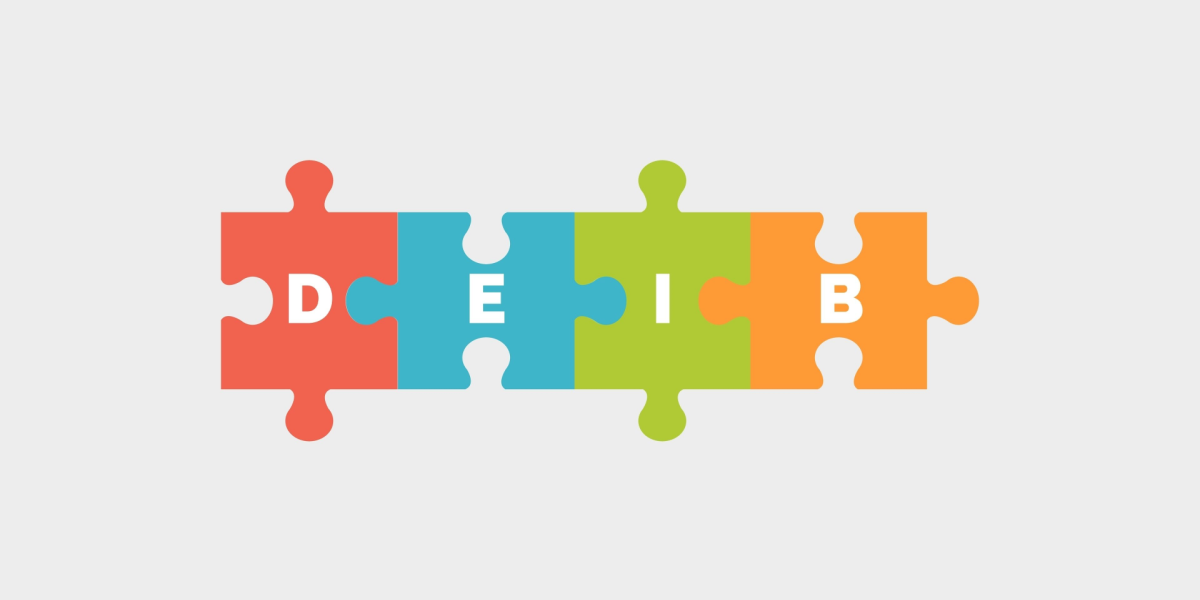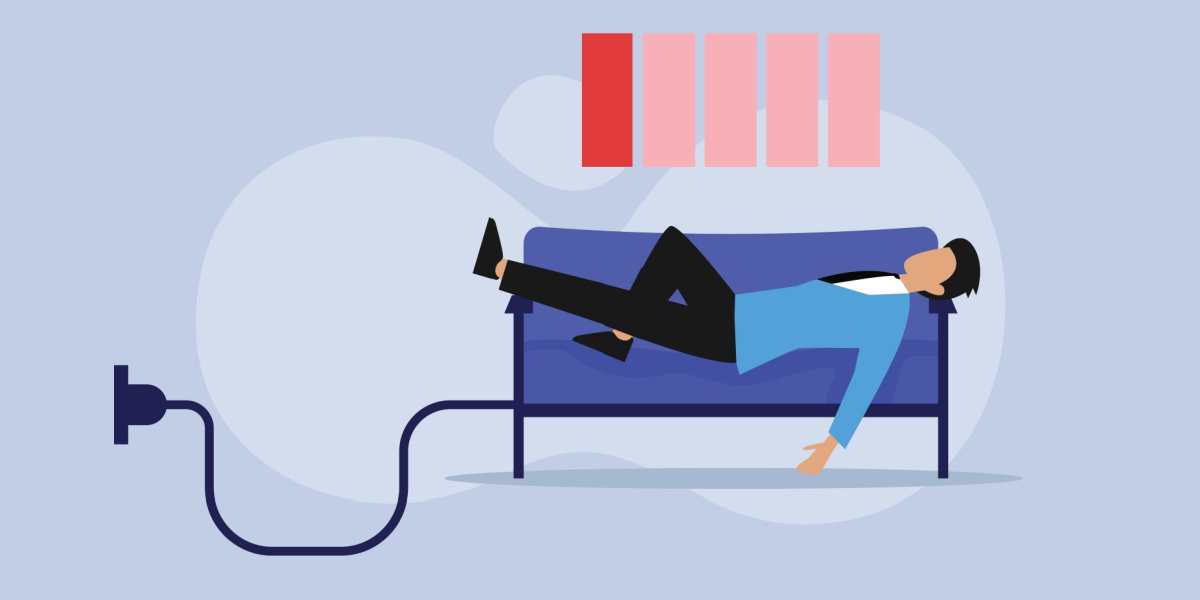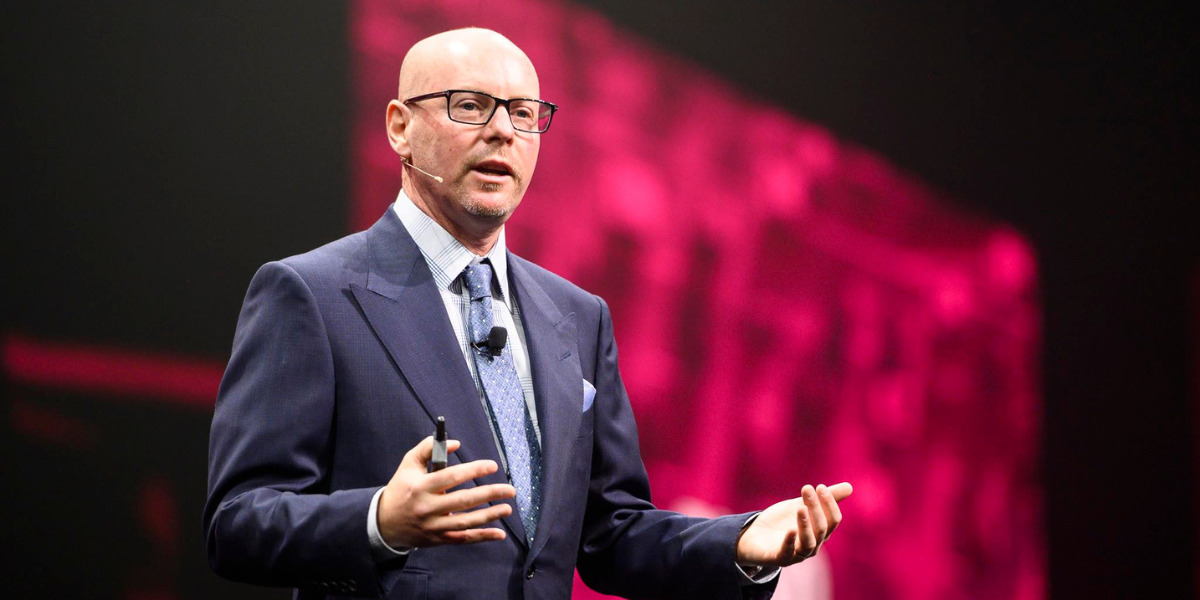It’s extremely rare for a powerhouse business to find financial success right out of the gate. Sure there are people who have inherited successful businesses or have wealthy backers, but if you look back far enough, you’ll find that most business success stories started off with a scrappy startup founder.
And the funny thing is, the founders who find the most long-term success are often those who hang on to that soul of a broke, bootstrapping entrepreneur. They’re the people who always remember the days in the garage, or sleeping on the couch. It gives them an edge.
This is what Daymond John’s latest book The Power of Broke is all about.
You’ll probably recognize John as one of the sharks on the hit show Shark Tank, or as the founder of iconic streetwear brand FUBU, and investor in many other businesses. With his penchant for fine suits and killer watches you might be surprised to hear that Daymond John is a man whose no-nonsense attitude and entrepreneurial spirit are based on one thing: he wakes up broke every single day.
Before Shark Tank, and even before FUBU, John was a broke kid living in Queens. Juggling high school and a full-time job, the value of hard work and money was ingrained in him from the very beginning.
While being broke can potentially be a soul-crushing experience, John believes it can also give you a competitive edge that others can’t replicate. When you’re broke, you can have one of two mindsets. You can let it fill you with so much despair that you never move forward, or you can use it to light a fire in your belly.
Being broke gives you the advantage of being able to see things outside of the norm. Unlike others who might fix problems by throwing money at them until it runs out, the very nature of being broke is that it forces innovation and creative solutions. It’s a mindset that makes you original, daring, and creative, all of which are qualities you’ll find in the most successful entrepreneurs.
To get a full understanding of what Daymond John means by this, check out his new book The Power of Broke. But to give Foundr readers a preview, we spoke in-depth with the man himself about how this mindset offers a competitive advantage, and how you can tap into that power anytime you want.
What does the “Power of Broke” mean?
When resources are limited and our backs are against the wall, it forces you to think creatively. This is the power of broke.
It is a mindset and is just as relevant for me now as it was when my back was against the wall. It gives you a competitive edge by leveraging your resources and finding out there is always a better solution to a problem than simply throwing money at it.
That’s why it is just as important for me now as it is for someone just starting out.
Just how broke have you been? What was your lowest point(s)?
As I say, broke is temporary. I always worked to stay clear from being broke. I had numerous jobs that always kept money in my pocket whether that meant selling custom pencils to my classmates in school, working at Red Lobster, driving a delivery truck, and eventually selling ties, top hats and shirts which eventually evolved into FUBU.
How do you think being broke has helped you?
Being broke enabled me to think creatively and outside the box. It forced me to utilize my network and relationships. It also forced me to go out and build other relationships with people in the community who I never would have thought of if I had money to begin with. Most of the relationships I have today were a direct result of exercising the power of broke.
You say being broke is an advantage. How so? Isn’t it always good to have funding?
I’m not here to glamorize not having money, and obviously you shouldn’t strive toward being monetarily broke, but having the broke mindset is such a tremendous advantage.
If you think in terms of “I always have funding,” it makes you spend more money than you need to. I was guilty of that as many times, I tried to throw money at problems simply because I thought it was what you were meant to do. I quickly realized how wrong I was, because all I was doing was wasting money and wasting time.
When you truly operate with the power of broke mindset you never waste a dime, as you are constantly seeing how it can be done WITHOUT money or as little money as possible.
Aside from you, what’s an example from the book that demonstrates this?
Tim Ferriss is a great example. After getting turned down by 26 of 27 publishers, he went to great lengths to create his opportunities to get noticed. He could have done what everyone else was doing and become just another person in the crowd, but that wasn’t possible for him so he decided to be original, to do something different.
There is a great story of how he hung out at Blogger’s world just to get noticed by Robert Scoble, one of the most notable bloggers at the time. The story of how he scraped and clawed to speaking on stage at his very first event is a super example of how to exercise the power of broke.
How can success ruin a business? How do we avoid that?
Success can ruin a business if you let your success affect your mindset.
I have seen how one’s approach to business can change quickly when reaching certain levels of success. It becomes very easy to become complacent and lose that edge that brought you so far in the first place.
If you consistently practice the power of broke and incorporate that mindset in its place in everything you do, you will avoid getting complacent. It really is something that needs to be practiced on a daily basis.
Why did you decide to write this book, and what will readers get out of it?
I decided to write the book about two years ago for a few reasons.
First, I started realizing how everyone seemed to be talking about needing money to start their business and so few were doing anything creative or original to gain enough traction to earn the right to get an investment.
Second, I also paid attention, through social media, to how people were complaining they had no chance to succeed because they were broke.
Third, knowing how much of a hidden advantage being broke was, I felt compelled to explain to our future entrepreneurs the power they have inside of them if only they would tap into it.
What made you want to become an entrepreneur in the first place?
I always had the entrepreneur mindset. I was very fortunate to be told by my mother at a young age to follow my dreams and to never let anyone get in my way, which is something I was very lucky to have. I think it is so important for parents to encourage and support their children in whatever endeavor they choose.
I was always doing one sort of entrepreneurial venture. I always had a side hustle. That being said, when I saw what was happening with the birth of the hip-hop industry, I saw the opportunity for the people who represented the community to make a product for them on the apparel side, and I jumped in head first.
Being broke is tough! Who or what pushed you forward? Kept you motivated when things got rough?
You have to have a higher purpose in what you are doing outside of financial gain. With FUBU, we were on a mission and nothing was going to stop us no matter how tough things got.
I think having people that share your common vision is so important. Having my partners Keith, Carl, and Jay by my side fighting the battle with me gave tremendous power. There can be a huge strength in numbers if your vision is the same.
Was there a turning point when you realized you weren’t broke anymore?
When we partnered with Samsung as our distribution partner we hit our stride pretty quickly. We were broke and hungry to succeed and then, before I knew it we realized we were ‘not so broke’ but we were still very hungry to succeed.
If you move the goal-posts and set yourself higher and higher goals you’ll never really succeed, which I think is a great way of never getting lazy and complacent.
We kept that broke mindset as we continued to push our marketing campaigns forward by continuing to focus on guerilla and community marketing initiatives that were proving to work. We could have done the traditional route and advertised a lot, but that would have taken away the soul of what FUBU is and ultimately make us complacent.
How do you tap into the power of broke now that you’re successful?
Keep moving the goal-posts. Keep setting the bar higher.
I think now a lot of my motivation comes from wanting to see the community around me succeed and for me to contribute to the growth of entrepreneurship.
That’s why I am so honored to be part of President Obama’s PAGE initiative. Being a Presidential Ambassador for Global Entrepreneurship allows me to make a difference in ways I never dreamed of.
What do you do to make sure you stay hungry and creative?
I think learning from others who have accomplished so much more than me motivates me to be better. The more I hang around creative people, the more creative I become.
There is a lot of creativity in the millennial culture which is why people see me at nightclubs, music festivals, and other events that they would expect me not to be going to anymore. You have to go to where the creativity is to keep sharpening your tools.
What impresses you about entrepreneurs you’ve met on Shark Tank and elsewhere?
I think they are learning so much from the previous seasons they are coming in so much more prepared. There have actually been companies who have studied every successful deal made in the Tank to assure their chance of getting a deal.
Bombas is a great example. They knew every pitch that closed and studies them. They also studied those who failed. There is so much you can learn from failure.
What’s your best advice for aspiring entrepreneurs?
Don’t think you can solve problems with your checkbook or anyone else’s. There is always a solution outside of just writing a check. If you operate with this mindset you will figure out a way to succeed.
To learn more about Daymond John’s story and the power of broke mindset, check out his new book! Do you have any experience with the hidden advantage of having a tight budget? Let us know in the comments.
